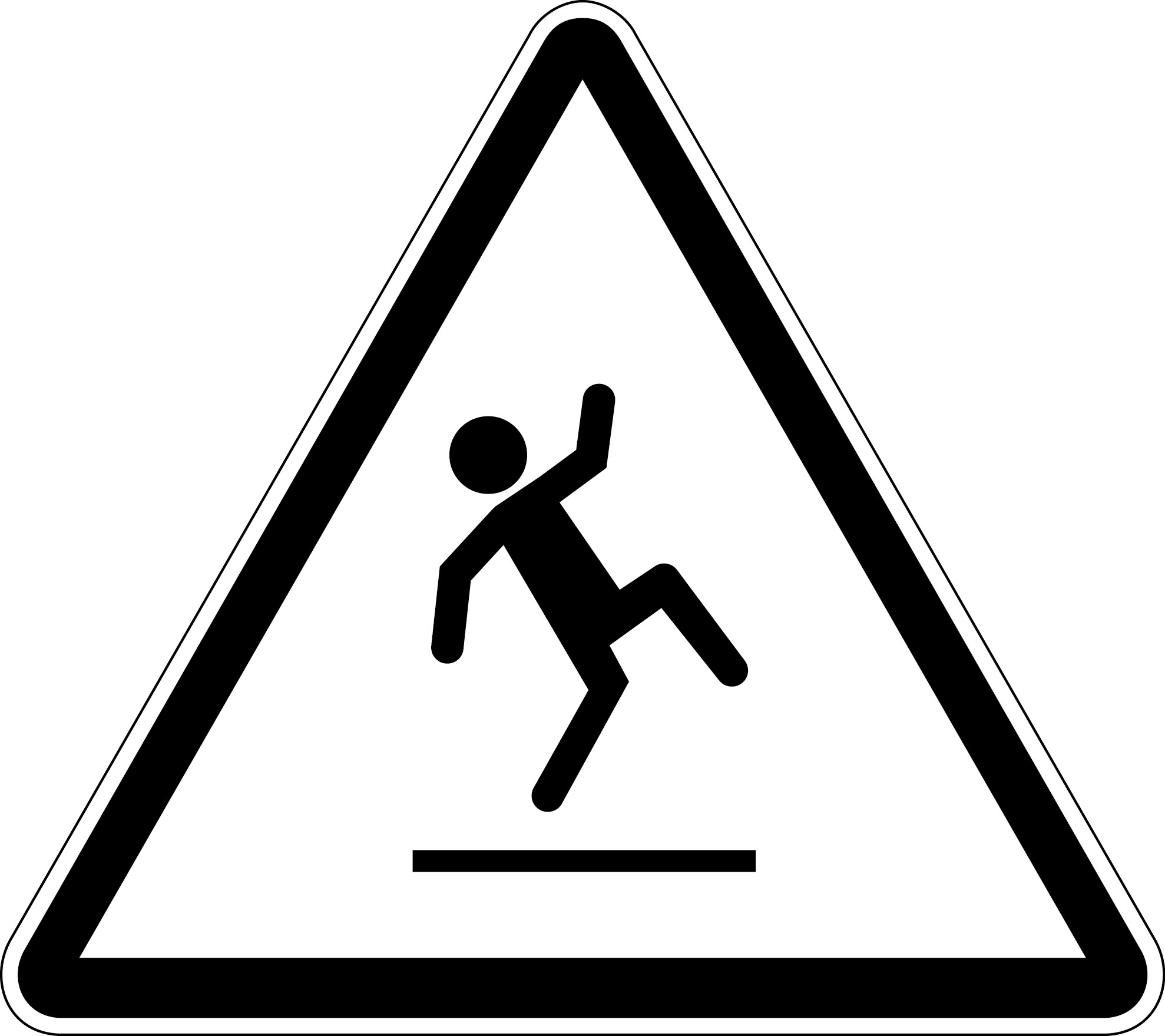September 26, 2017
How Careful Must You Be On Someone Else’s Property?
By Jonathan Damashek
Posted in

Whenever you go to your workplace, a store, a restaurant, your doctor’s office, a friend’s home, Central Park, or a movie, concert, or sports event, you expect to be safe. You don’t expect to be injured while you’re there or while you’re getting in and out of the premises. That’s reasonable.
The State of New York agrees with you. As the New York State Bar Association explains, New York law requires that the owner and/or person in control of a property use reasonable care “to keep the premises in a reasonably safe condition for the protection of all persons whose presence is reasonably foreseeable.” This is called the law of premises liability.
Damages
If you are injured on someone else’s property, you may be able to sue the owner of that property and/or the person in control of it for money damages, including the following:
- General damages – your non-economic damages resulting from your injury
- Special damages – your actual costs resulting from your injury
- Punitive damages – additional damages to punish the owner and/or controller of the property if they acted in an egregious manner, such as acting willfully, wantonly, or recklessly, to the extent that they are morally culpable for your injury
What You Must Prove
The New York City Bar Association lists the three things you must prove in order to be successful in a premises liability suit:
- You were lawfully on the premises or, if you were trespassing, the owner knew it.
- The premises owner and/or controller was negligent in allowing an unsafe condition to exist on the property.
- The negligence of the owner and/or controller caused your injury.
Types of Premises Liability Injuries
While most premises liability suits arise as the result of a slip and fall injury, you can bring suit for many other types of injuries as well. For instance, maybe someone hired you to paint their ceiling, but the ceiling cracked and fell on you while you were working. Maybe you went to an office party, but the building recently was fumigated and you were overcome by the residual fumes and had to be hospitalized.
Maybe your kids were playing ball in your yard and the ball sailed into your neighbor’s yard. You went next door and asked your neighbor for permission to enter his fenced yard to retrieve the ball. He gave you permission, but didn’t warn you that his dog was there. When you entered the yard, the dog bit you. Or maybe your neighbor failed to warn you that there was broken glass in his yard due to his kids breaking a window. You cut yourself on some stray glass shards and/or one of them pierced your shoe.
Other types of premises injuries include construction accidents, food poisoning, or being the victim of a violent crime. Slip and fall injuries can result from sidewalk or parking lot defects; snow, ice, or black ice on sidewalks or parking lots; slippery floors; boxes or debris in an aisle or hallway; a malfunctioning elevator or escalator; and inadequately lighted halls and/or stairs.
Comparative Fault
New York is a comparative fault state. This means that you bear some responsibility for your own safety. If the owner can prove that you engaged in some kind of “culpable conduct” that contributed to your injury, the judge and/or jury will have to decide to what extent, if any, your damages should be reduced. For instance, if you were inebriated or talking or texting on your cell phone when you fell, you may have been partially responsible for your injury.
What To Do If You’re Injured
If you’re injured while on someone else’s property, do the following:
- Call 911 if you require medical attention. Request the assistance of emergency responders, including law enforcement officers.
- Take cell phone photos of the hazard and/or condition that caused your injury.
- Check to see if there are any video surveillance cameras nearby that could have recorded your injury.
- Talk to anyone who witnessed your injury and get their name and contact information.
If you feel that you have a premises liability claim, contact an attorney as soon as possible. That way, should you be contacted by an insurance company, don’t talk to them, sign any release forms, or make a formal statement. Instead, refer them to your attorney.
While it just makes good sense to always be aware of your surroundings and avoid obvious dangers, accidents do happen. If you suffer an accidental injury while you’re on someone else’s property, you deserve to be compensated for it.